Batteries are great inventions. They give us portable power—the ability to take electricity with us wherever we go.
But this portability comes at a cost. Sometimes, it means that we need to recharge them every so often. Other dead batteries need to be replaced and recycled. This last point is important, because batteries are incredibly toxic to the environment. They contain chemicals such as nickel, cadmium, lead, and mercury that cause water and soil pollution. And while it's terrific that we can recycle batteries (instead of throwing them into the trash like we did not that long ago...), it still requires a lot of energy to recycle them.
If only we could make batteries out of a material that was less harmful to environment.
And what do you know? There is! Seaweed.
Wait. Seaweed?
Brown algae like this giant kelp is rich in alginate. Alginate is what is used to make these new, greener batteries. (Getty Embed)
Yes, seaweed! Researchers have discovered that this edible and abundant algae can be turned into a carbon compound that is awesome at storing energy. Since seaweed grows super fast and is natural, scientists are hopeful that this can create a battery that is sustainable for the planet.
Using seaweed in a battery isn't a totally new idea. Back in 2011, scientists at Clemson University and the Georgia Institute of Technology joined forces to see how seaweed could improve lithium-ion batteries (these are used in smartphones and other rechargeable devices). They used something called alginate to make test batteries that lasted longer and held a larger charge, too!
New breakthroughs
Will electric cars of the future go farther thanks to seaweed? (Getty Embed)
This original research may have lost steam, but it was thankfully picked up by scientists at Qingdao University in China. According to one of their chemists, Dongjiang Yang, this team has improved upon these alginate batteries. If used in something like an electric car, for example, Yang claims that it could double the distance the car could drive before needing a new charge.
Yang's team presented their findings at last week's American Chemical Society meeting in San Francisco. "We wanted to produce carbon-based materials via a really 'green' pathway,” he said. (Carbon is an element that is an important building block of all life on Earth, from plants to birds to fish to seaweed to... us!)
We already farm seaweed for food. Wakame is a Japanese dish made from brown algae. (Getty Embed)
But before we get too excited about our green batteries, there is a problem. Currently, we are able to harvest about 20,000 tons of alginate a year—about the weight of 1,000 blue whales! That might sound like a lot, but it's way below what would be needed to meet the world's demands for batteries. Still, seaweed grows fast enough that it is possible that we could learn to farm enough to meet the need.
We guess we'll just have to wait and sea.
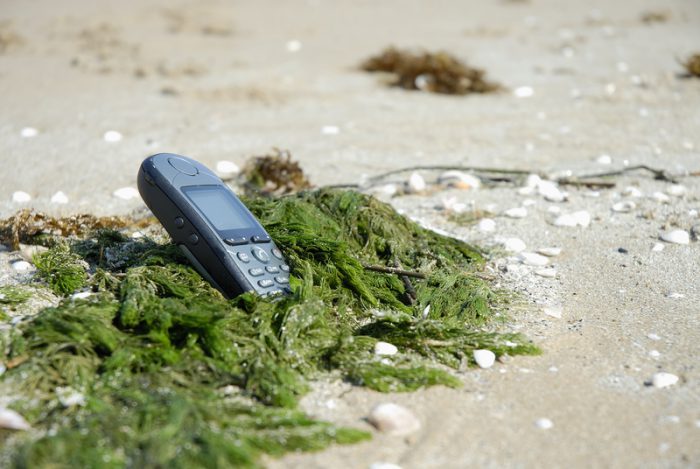 Can the battery in a phone be powered by seaweed? Yes, it can! (© Volker Skibbe | Dreamstime.com)
Can the battery in a phone be powered by seaweed? Yes, it can! (© Volker Skibbe | Dreamstime.com)

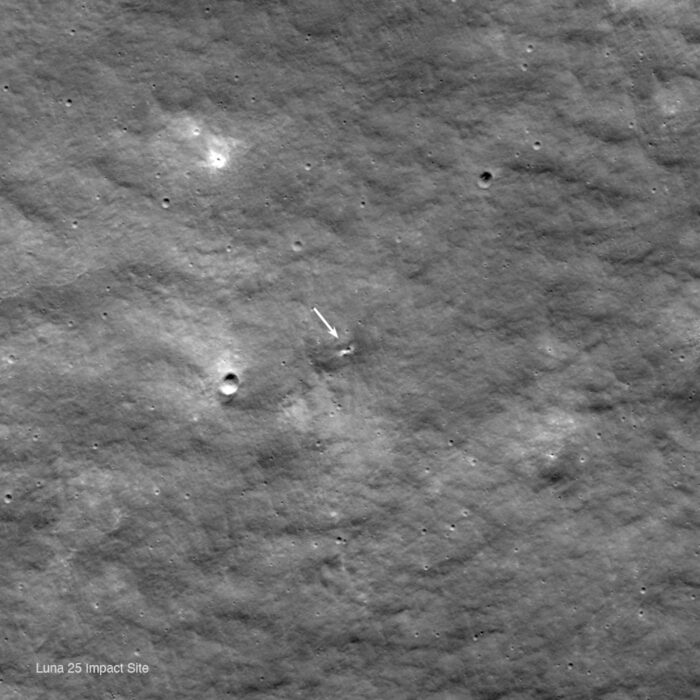


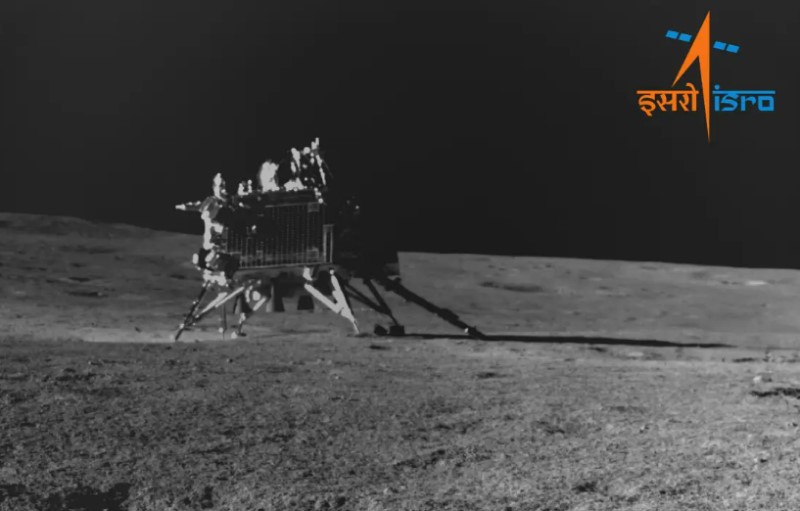
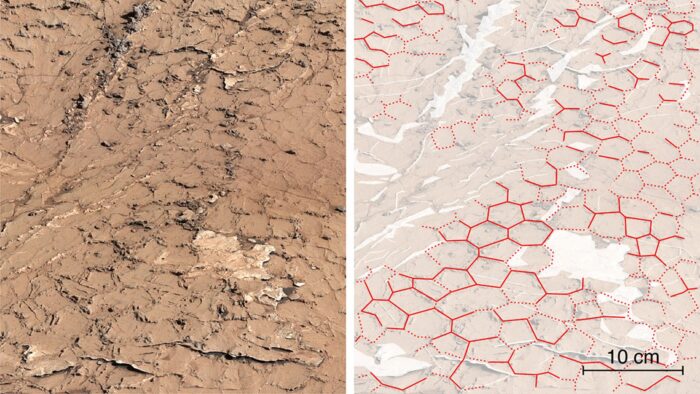

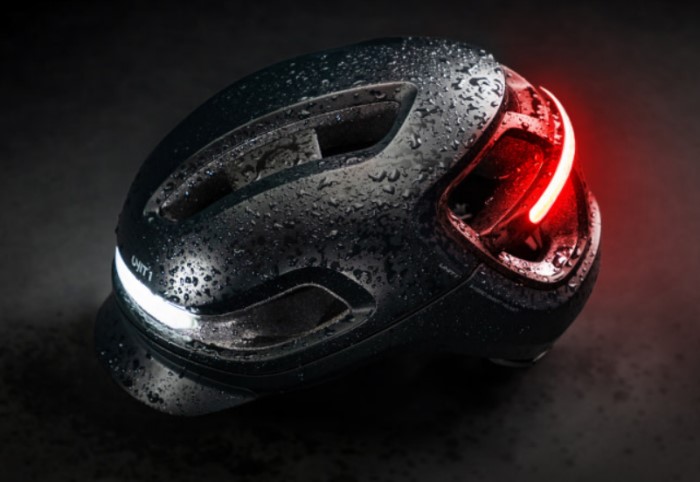

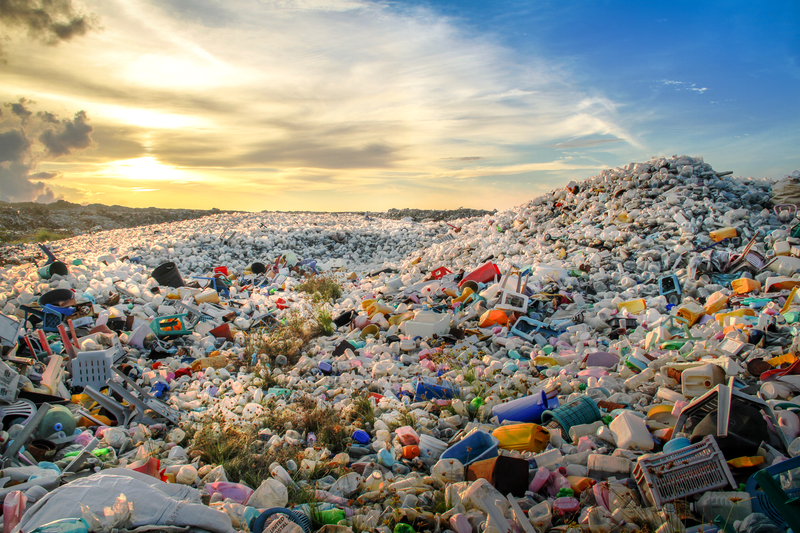
Exports of seaweed from Japan were 1214 tons of miscellaneous seaweed, i.e., processable raw seaweed, dried kombu and nori worth $12 million dollars, plus 59 million dried